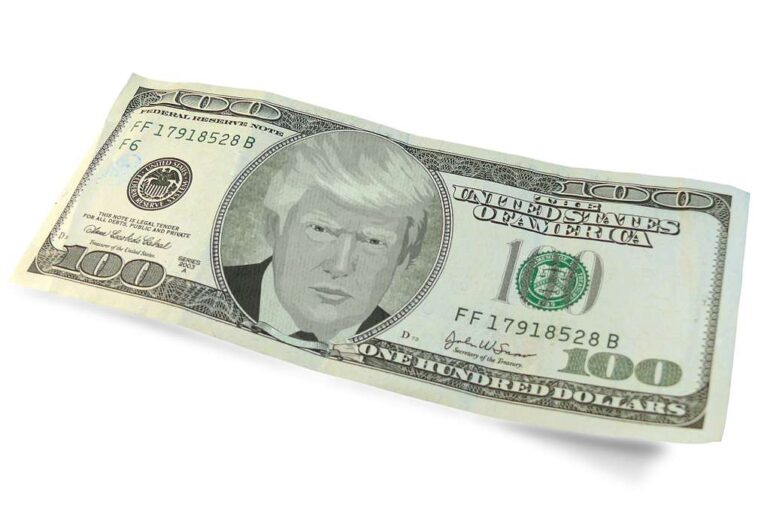Within a day of Donald Trump’s electoral victory being announced, the world’s ten wealthiest billionaires were 64 billion dollars richer. The US stock market had shot up to new heights, largely based on expectations for more of the big corporate tax cuts we saw from Trump in 2017.
Apart from tax cuts, the most significant element of Trumponomics are big tariffs on imports to the United States. One of Trump’s closest economic advisors, Robert Lighthizer, has repeatedly made the case for a protectionist wall around the US in order to make American industry “great again.”
Tariffs of 20 percent or more have already been touted for a range of imports. Not just from the People’s Republic of China – which the US empire now considers a serious rival – but also from Europe, Canada, and Mexico (some have even suggested a 500 percent tariff on cars from Mexico).
It should be noted that those most hurt by these tariffs would be the American consumer, as the companies that import the goods being taxed would obviously offset the cost by raising prices. Tariffs raise the price of imported goods and ease downward pressure on the prices of goods produced locally in the United States—assuming that the local goods to replace said imports even exist.
Tariffs also reduce world trade and global economic growth, especially when they provoke retaliatory trade wars. The size of the US economy may offer it some protection from these wars but that won’t help US allies in Europe that are far more dependent on international trade.
Trumponomic protectionism doesn’t bode well for Europe. And a downturn in international trade will ultimately rebound on the US economy and stifle its growth.
Another reason some believe the imperial core to be impervious to the ramifications of Trumponomics is the fact that the US dollar is still used for the bulk of international trade and exchange. It carries reserve currency status and, to a certain degree, insulates the US federal government from the turbulence of international financial markets.
The potential threat to the dollar coming from ongoing attempts by the BRICS nations to establish a rival currency for international transactions is still a long way away. The renminbi—the Chinese international currency — currently only accounts for less than 3 percent of worldwide payments.
But US federal debt levels cannot continue to rise indefinitely. Debt currently stands at over 35 trillion dollars, four times its lowest post-World War II level reached in 1974. While such high levels of federal debt can theoretically be managed, this would require restraining interest on the debt coupled with strong economic growth.
This isn’t a realistic expectation. Bond yields — the interest rates determined in the debt market—have already risen since Trump’s electoral victory and will likely keep rising if inflation increases. And there are good reasons to assume that Trump’s economic policies will fuel inflation.
It’s also important to factor in Trump’s inflationary rhetoric about deporting millions of undocumented migrants from the United States. These migrants are for the most part people vulnerable to super-exploitation, working for low pay in precarious jobs.
To remove them from the American job market will likely shrink the US economy by as much as 7 percent and put upward pressure on both wages and prices.
The incoming president believes he has a mandate for dramatic changes in US economic policy and it looks as if he’ll have a cooperative senate and house of representatives for the near future. By actually go through with his campaign promises and stated plans, Trump could accelerate the demise of the US empire and drag its closest allies down with it.





